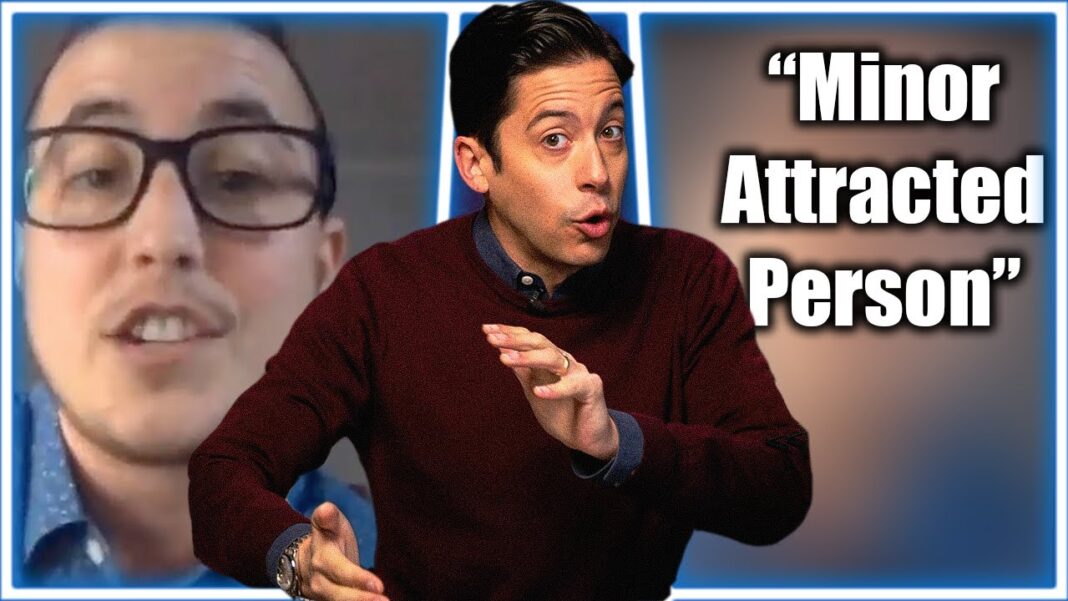At least three towns have stopped adding fluoride to their drinking water.
More regulations on fluoride in drinking water may be coming due to the new court order last week, experts say.
Fluoride, commonly added to drinking water to prevent cavities, has come under scrutiny.
Several cities have now stopped adding fluoride to their drinking water. But whether the whole landscape will change depends on what the Environmental Protection Agency (EPA) will do next.
How Much Fluoride in Water Might Be Safe?
On Sept. 24, U.S. Federal Judge Edward Chen ordered the EPA to strengthen its rules around fluoride in drinking water.
The decision was made in light of The National Toxicology Program’s (NTP) report in August, which found that 1.5 milligrams of fluoride in drinking water is sufficient to pose neurodevelopmental risks in children.
The EPA calculates a margin of exposure to determine a safety buffer between the exposure and hazard levels. For fluoride, the exposure rate should be one-tenth of the hazard level, lawyer Michael Connett said.
Since the NTP’s report found 1.5 milligrams per liter to be potentially risky, exposure risks could start from 0.15 milligrams per liter, Connett added.
Americans’ current exposure level of 0.7 milligram per liter—”the level presently considered “optimal” in the United States – poses an unreasonable risk of reduced IQ in children,” Chen wrote in his ruling.
Currently, the EPA sets the maximum level for fluoride at 4 milligrams per liter, significantly higher than the risk level cited in the recent study.
What Might the EPA Do?
The EPA can either appeal the judge’s decision or take action to regulate fluoride, Connett, the lawyer representing the plaintiffs, told The Epoch Times. The EPA has 60 days to appeal the judge’s decision.
The agency is in the process of reviewing the judge’s decision, Jeffrey Landis, a media representative for the EPA, told The Epoch Times. He referenced the court’s opinion, which did not conclude “with certainty that fluoridated water is injurious to public health.”
Should the EPA accept the judge’s orders, the agency would need to start a rulemaking process, John Strait Applegate, a law professor at Indiana University, told The Epoch Times.
By Marina Zhang









